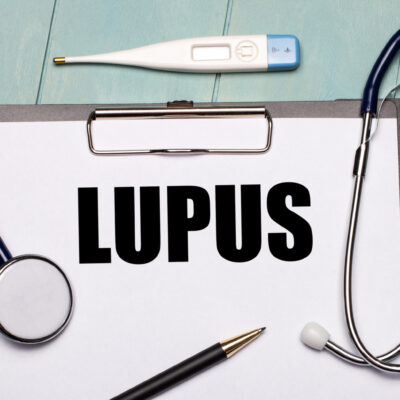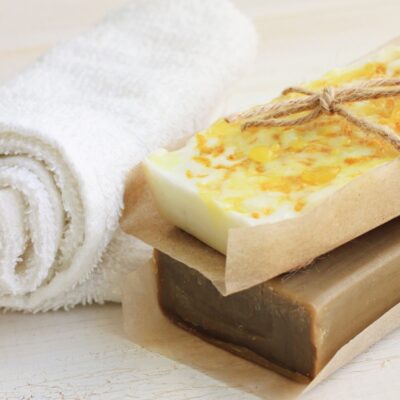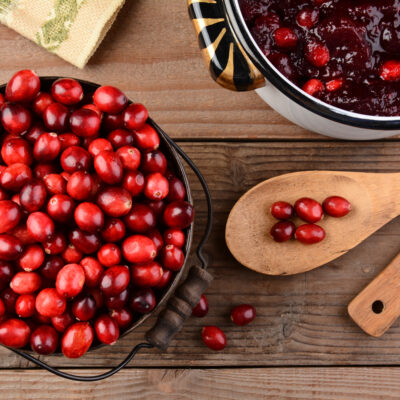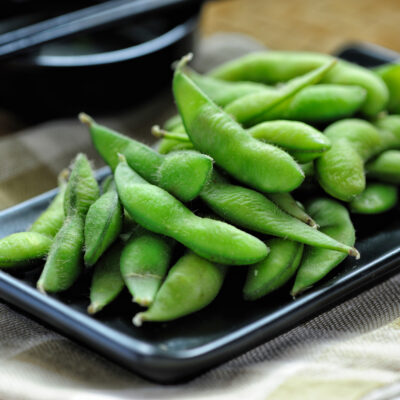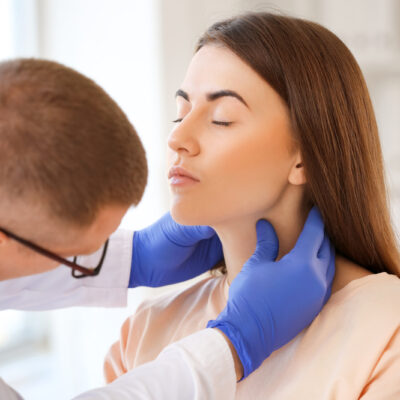
Health
Thyroid Cancer: Symptoms and Diagnosis
Thyroid cancer is the growth of abnormal cells that begin in the thyroid. This solid tumor cancer typically manifests like a nodule or mass within the thyroid gland. The disease happens when rogue cells reproduce too quickly in a manner that’s impossible for the immune system to control. Although there are several types of thyroid cancer, follicular thyroid cancer and papillary thyroid cancer are the most common types. Symptoms of thyroid cancer include the following: 1. Swollen neck glands This is one of the first signs or symptoms of thyroid cancer. It is a painless lump that usually develops in the front of the neck. The lump or growth is referred to as a thyroid nodule. Although it is painless, a thyroid nodule is enough to send one to a doctor’s office. It is important to take note of any swelling within the throat to ascertain if it is thyroid cancer or not. Detecting the problem early can make it easy to treat the condition. 2. Difficulty swallowing Lymph nodes are located in many parts of your body including the throat. If thyroid cancer spreads to the neck, then the lymph nodes found there will become swollen. This will make swallowing anything very difficult.
Read More 


